
• Interested in human social behavior and network science 🕸️ and random stuff bc why not 🎨
ella | she | her • from 🇦🇷
Our latest study explores the interplay between science and misinformation in public debates during COVID-19 🔍 arxiv.org/abs/2507.01481
👇Take a look
The latest issue of @lancetobgyn-wh.bsky.social features articles on advancements & the research still needed.
🔗 : tinyurl.com/4by2evfs

The latest issue of @lancetobgyn-wh.bsky.social features articles on advancements & the research still needed.
🔗 : tinyurl.com/4by2evfs
🔍 read more in our latest article
magazine.fbk.eu/en/news/what...
@ricgallotti.bsky.social
@chub-fbk.bsky.social
@vtraag.bsky.social

🔍 read more in our latest article
magazine.fbk.eu/en/news/what...
@ricgallotti.bsky.social
@chub-fbk.bsky.social
@vtraag.bsky.social

🧵1/8

🧵1/8
"Predicting human cooperation: sensitizing drift-diffusion model to interaction and external stimuli"
is out 🤩 doi.org/10.1098/rsif...
Laura Ferrarotti, Bruno Lepri and @ricgallotti.bsky.social
@mobs-fbk.bsky.social
@chub-fbk.bsky.social

"Predicting human cooperation: sensitizing drift-diffusion model to interaction and external stimuli"
is out 🤩 doi.org/10.1098/rsif...
Laura Ferrarotti, Bruno Lepri and @ricgallotti.bsky.social
@mobs-fbk.bsky.social
@chub-fbk.bsky.social
https://arxiv.org/abs/2509.01699
Excited and proud to have provided the world with more maps of Puglia🕷️
Thank you all @luzuzek.bsky.social Oriol Artime @ricgallotti.bsky.social @mtizzoni.bsky.social
journals.plos.org/ploscompbiol...
💊main results below👇

Excited and proud to have provided the world with more maps of Puglia🕷️
Thank you all @luzuzek.bsky.social Oriol Artime @ricgallotti.bsky.social @mtizzoni.bsky.social
journals.plos.org/ploscompbiol...
💊main results below👇
Here's a short thread to give you our main results ⏬
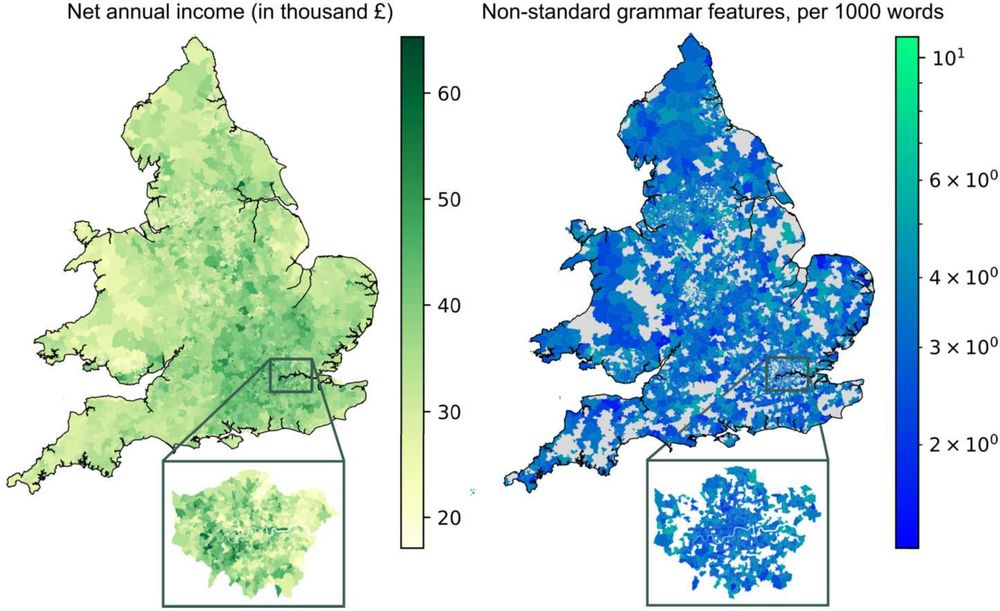
Here's a short thread to give you our main results ⏬
Thanks to a great collaboration with @marcodena.bsky.social, @marcotonin.bsky.social, Bruno Lepri and @lorenzolucchini.bsky.social our latest study is finally out in iScience!
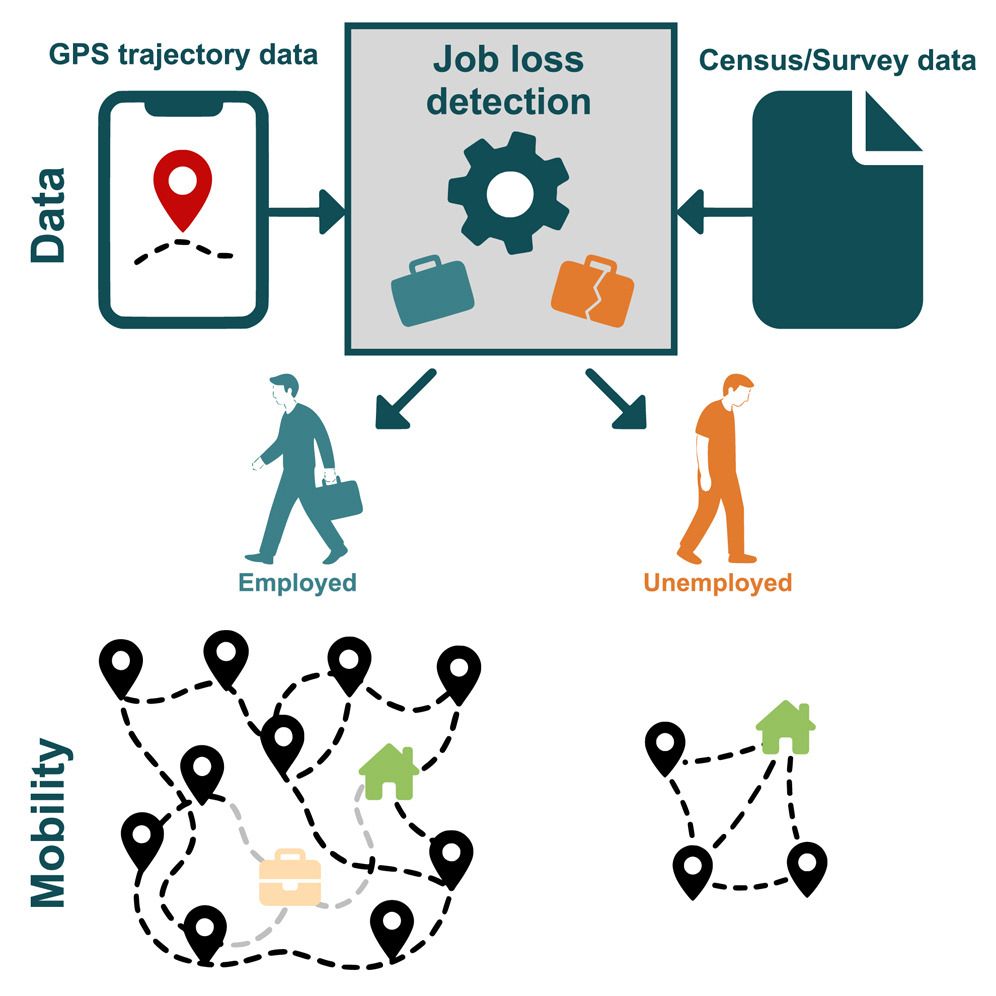
Thanks to a great collaboration with @marcodena.bsky.social, @marcotonin.bsky.social, Bruno Lepri and @lorenzolucchini.bsky.social our latest study is finally out in iScience!
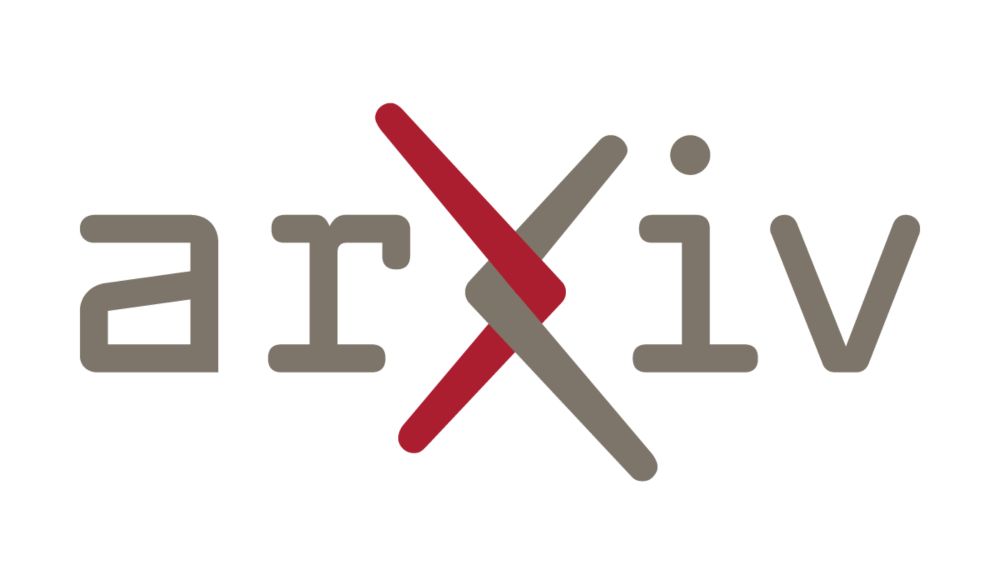
Our latest study explores the interplay between science and misinformation in public debates during COVID-19 🔍 arxiv.org/abs/2507.01481
👇Take a look
Our latest study explores the interplay between science and misinformation in public debates during COVID-19 🔍 arxiv.org/abs/2507.01481
👇Take a look
Thanks @sunbelt2025paris.bsky.social for this amazing view ✨🇫🇷
@ricgallotti.bsky.social
@tlouf.bsky.social @luzuzek.bsky.social @annabertani.bsky.social
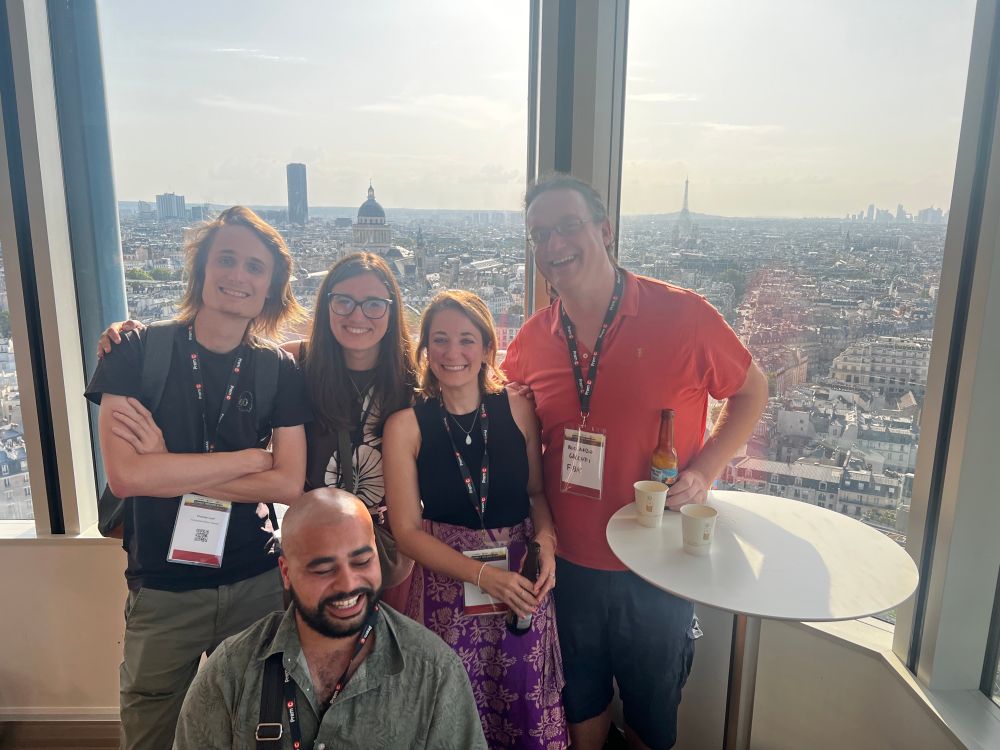
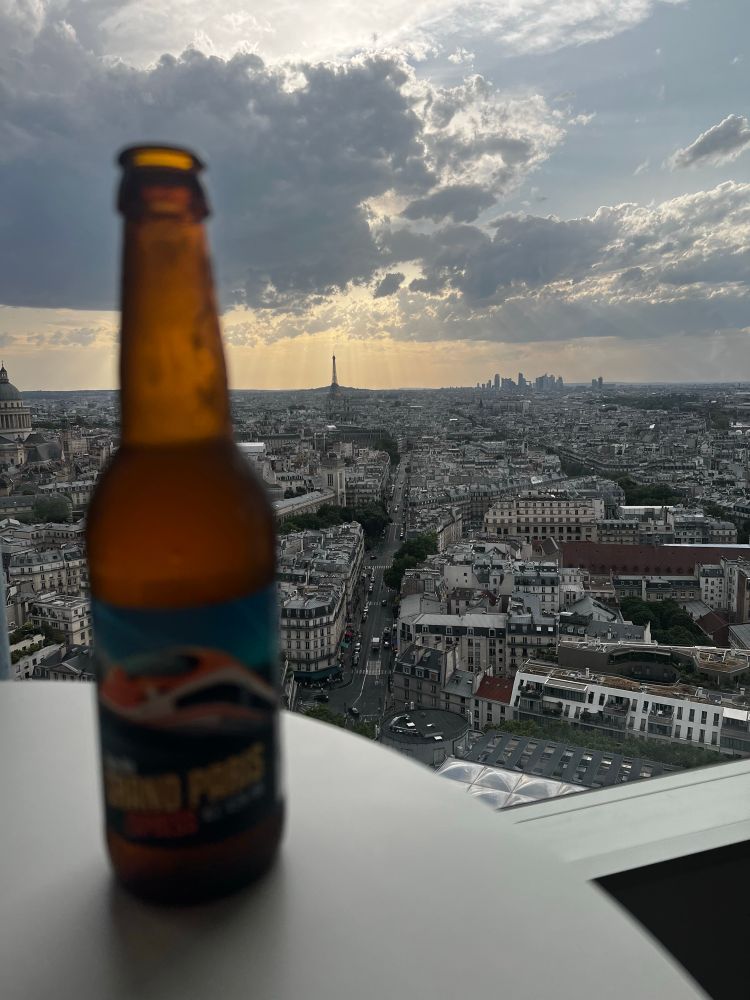
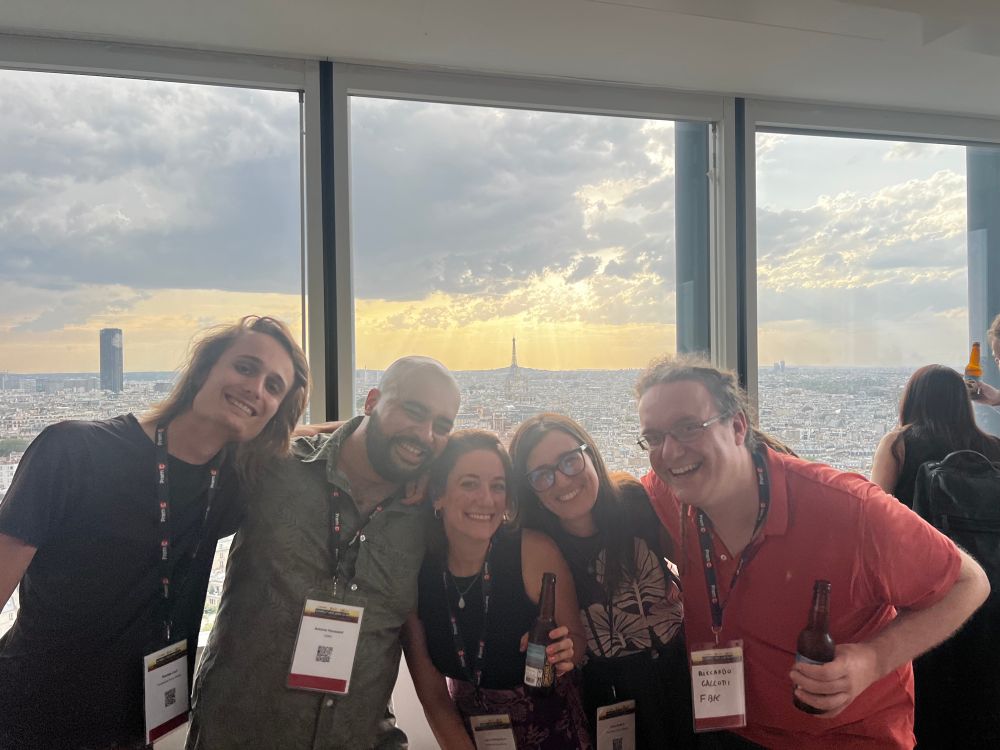
Thanks @sunbelt2025paris.bsky.social for this amazing view ✨🇫🇷
@ricgallotti.bsky.social
@tlouf.bsky.social @luzuzek.bsky.social @annabertani.bsky.social
@ricgallotti.bsky.social
@kaveh-kadkhoda.bsky.social
@annabertani.bsky.social
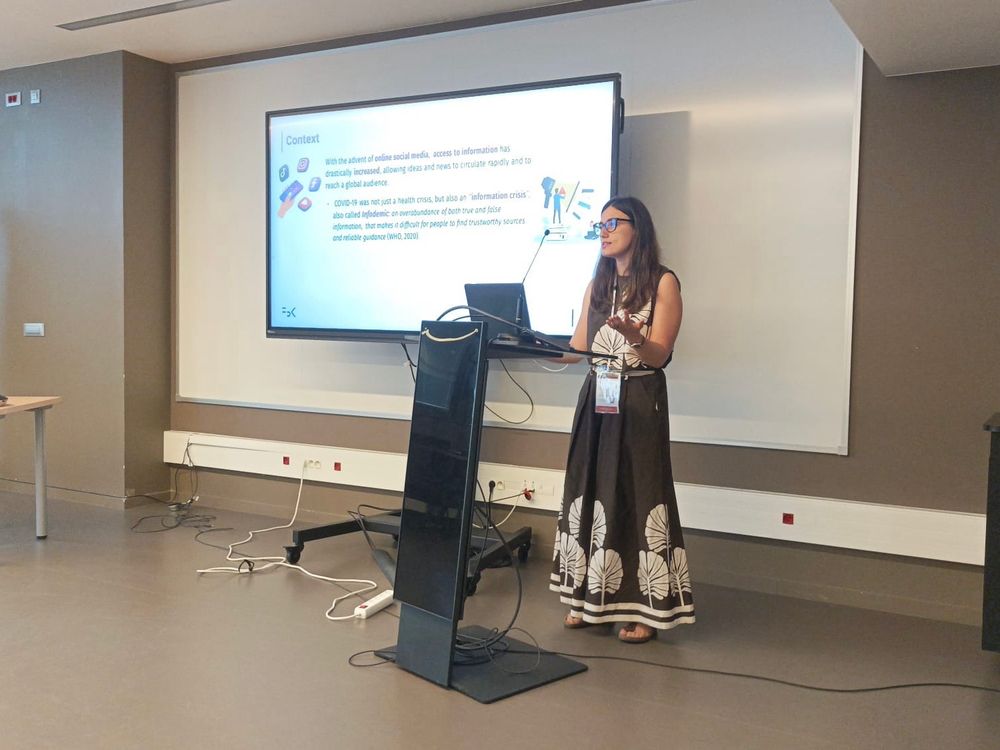
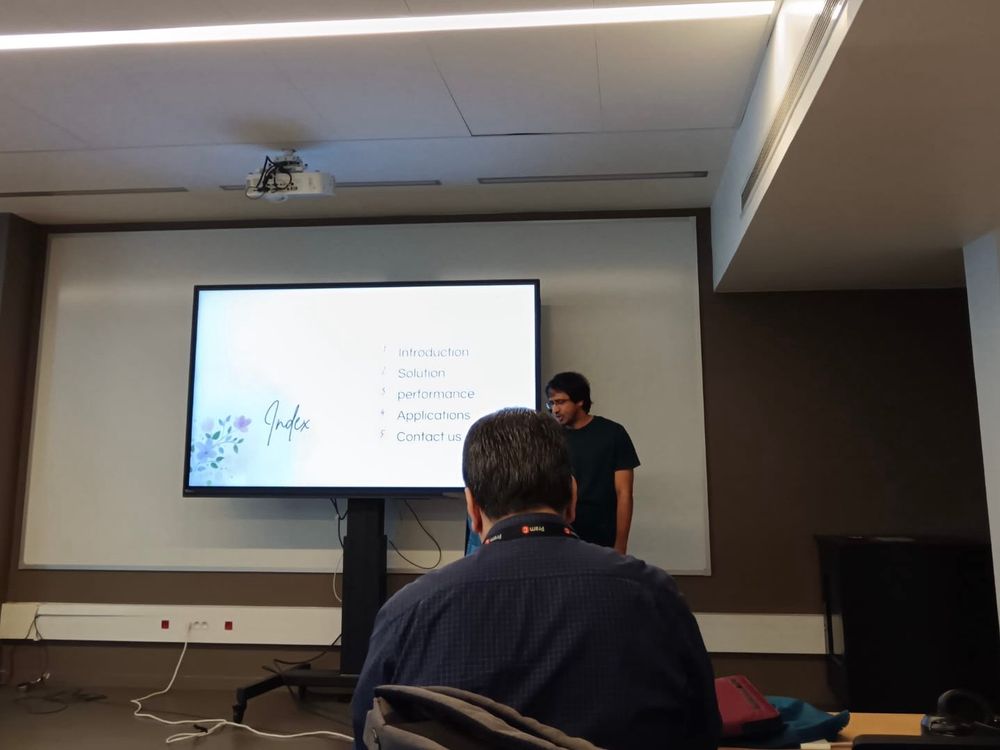
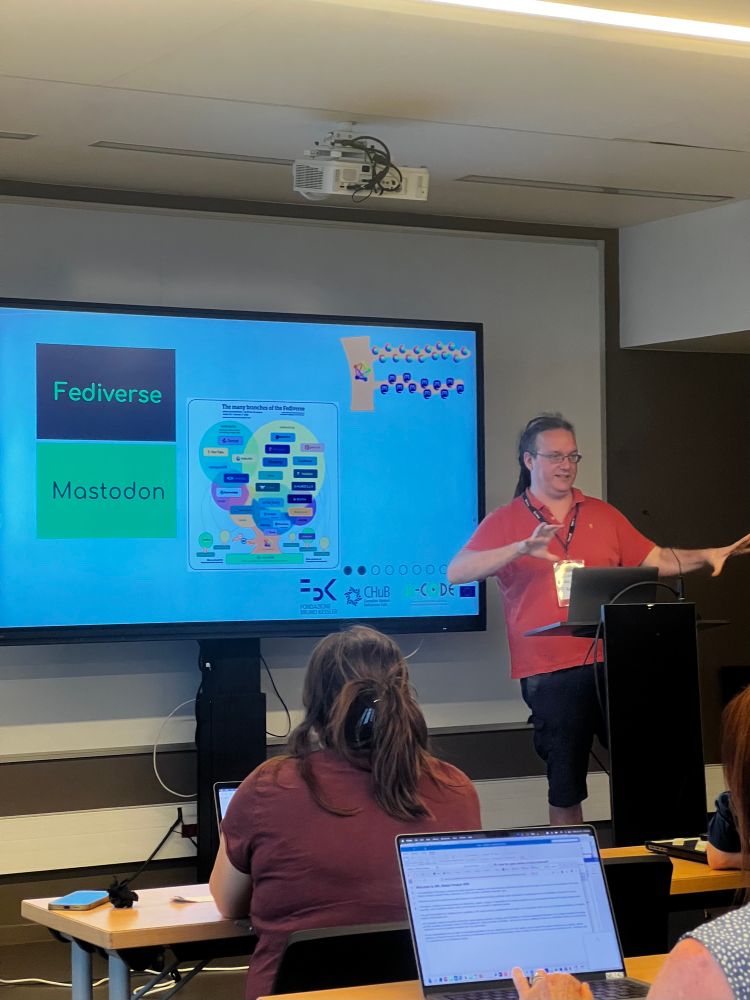
@ricgallotti.bsky.social
@kaveh-kadkhoda.bsky.social
@annabertani.bsky.social
Using surface growth physics, we found a unique exponent governing their local geometry. Instead, their dynamics range from smooth diffusion to abrupt coalescence, with demographic pressure driving where each city lands on that spectrum.
arxiv.org/abs/2506.10656

Using surface growth physics, we found a unique exponent governing their local geometry. Instead, their dynamics range from smooth diffusion to abrupt coalescence, with demographic pressure driving where each city lands on that spectrum.
arxiv.org/abs/2506.10656
perfect for a CHuB-day at the Caldonazzo lake ⛰️🏖️
@ricgallotti.bsky.social @luzuzek.bsky.social @tlouf.bsky.social @andreaguizzo.bsky.social @ulyssemarquis.bsky.social
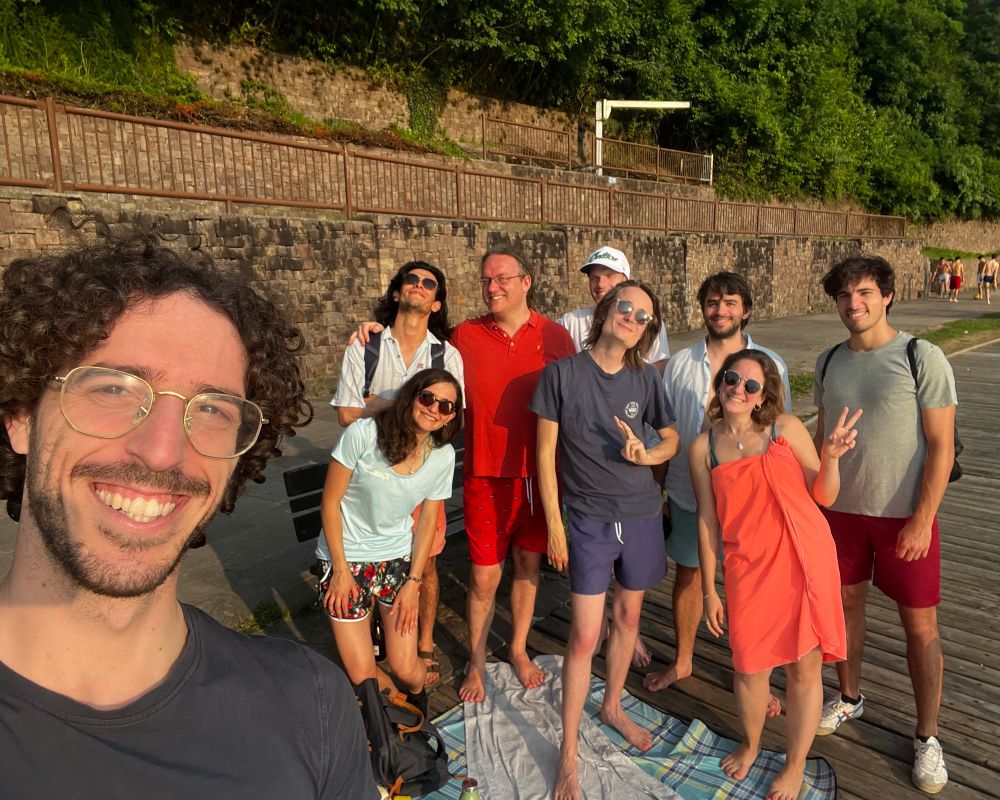
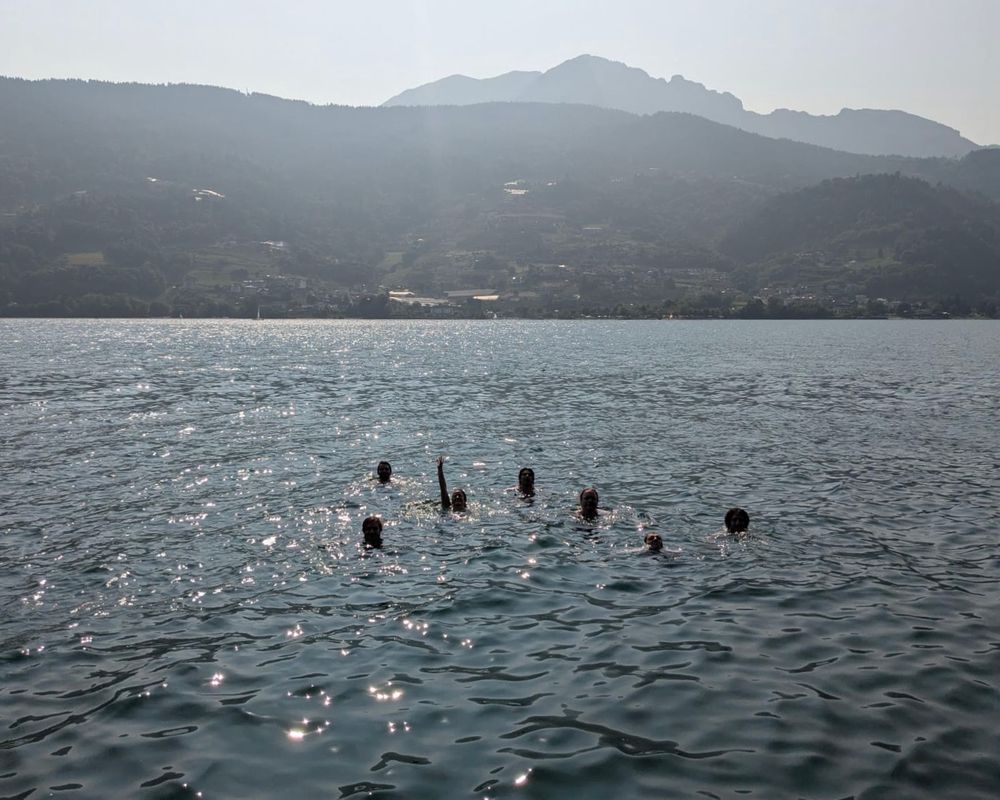
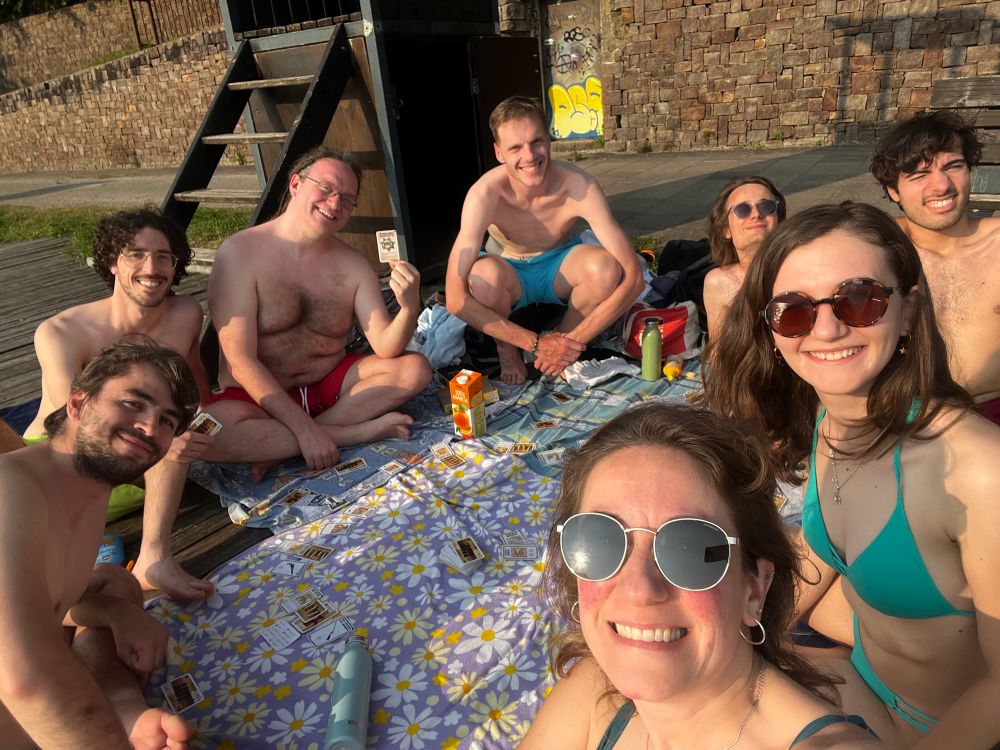

perfect for a CHuB-day at the Caldonazzo lake ⛰️🏖️
@ricgallotti.bsky.social @luzuzek.bsky.social @tlouf.bsky.social @andreaguizzo.bsky.social @ulyssemarquis.bsky.social
Last week to apply & share your research in person:
👉 ccs25.cssociety.org/open-arms-gr...
#CCS2025 #OpenArmsGrant
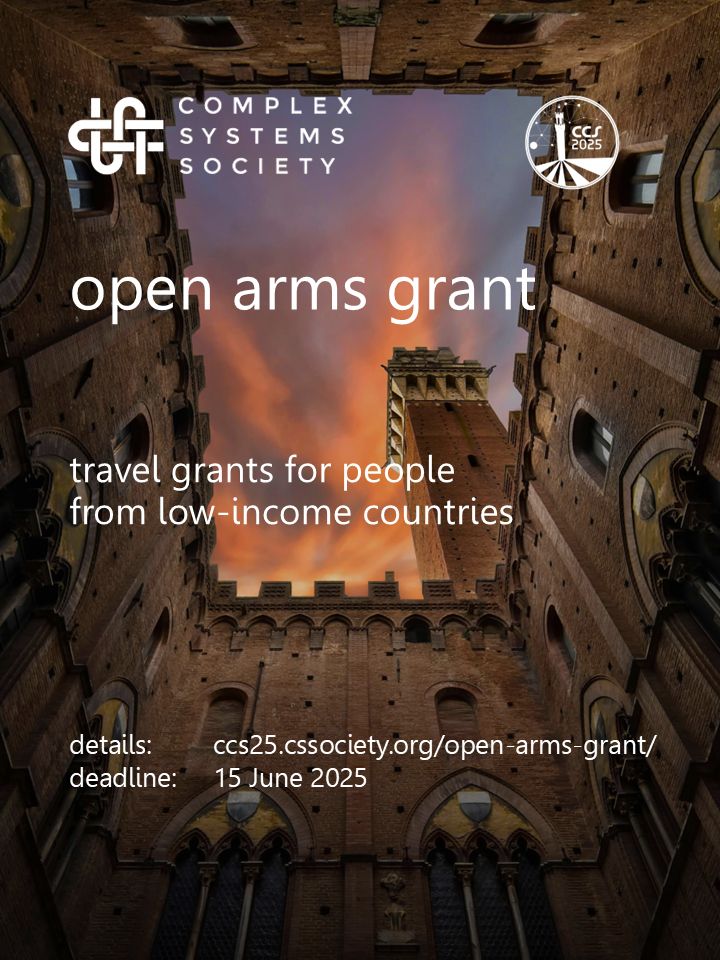
Last week to apply & share your research in person:
👉 ccs25.cssociety.org/open-arms-gr...
#CCS2025 #OpenArmsGrant


